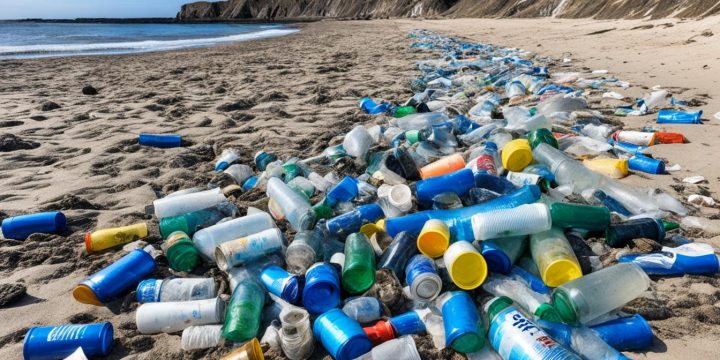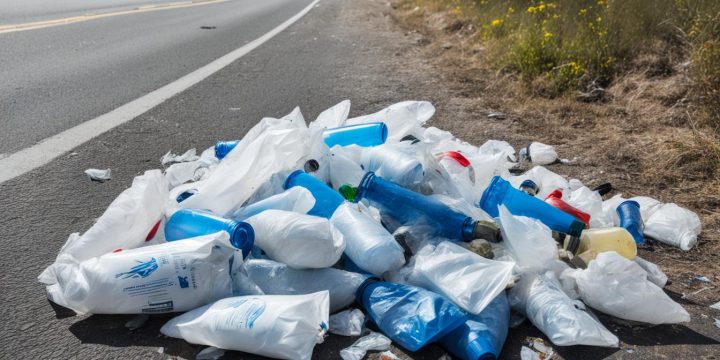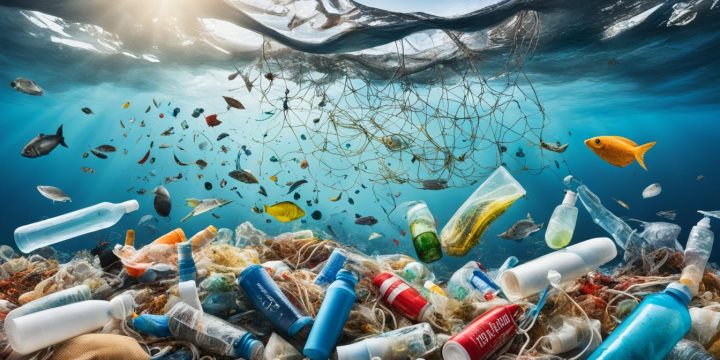
Crypto Casinos in New Zealand
Welcome to the exciting world of crypto casinos in New Zealand! With the rise of cryptocurrencies, the popularity of these innovative online gaming platforms has soared. Players in New Zealand can now enjoy a secure and thrilling gaming experience like never before. By integrating cutting-edge blockchain technology, crypto casinos offer a range of benefits that appeal to both seasoned gamblers and newcomers alike.At these crypto casinos, players can indulge in their favorite casino games while enjoying enhanced security and privacy. Transactions are carried out seamlessly and quickly, thanks to the decentralized nature of cryptocurrencies. The use of digital currencies also provides players with increased anonymity, allowing for a more discreet gambling experience.One of the key advantages of crypto casinos is the access to a wide variety of cryptocurrencies, such as…





